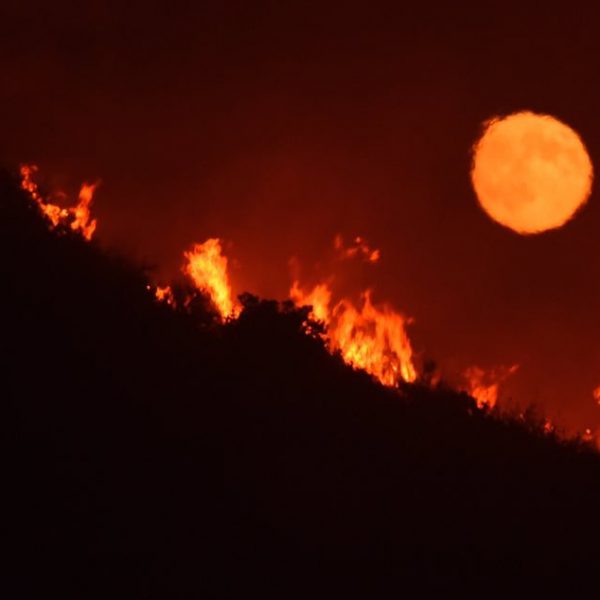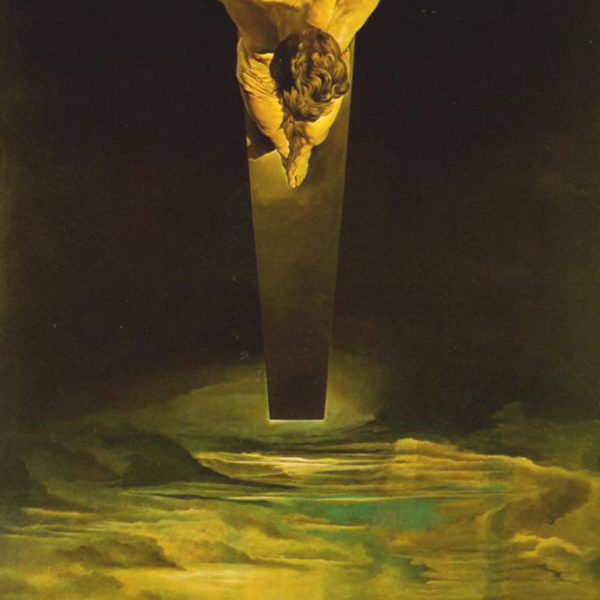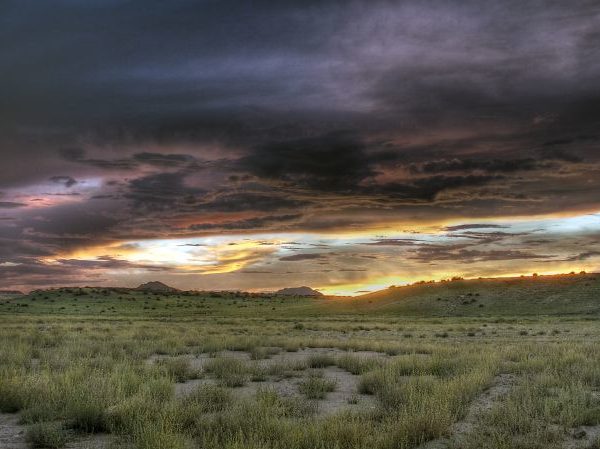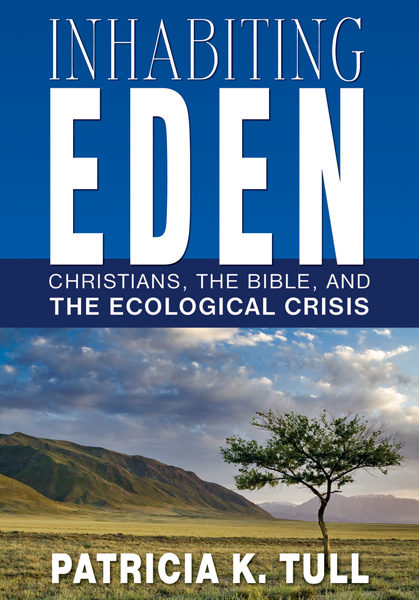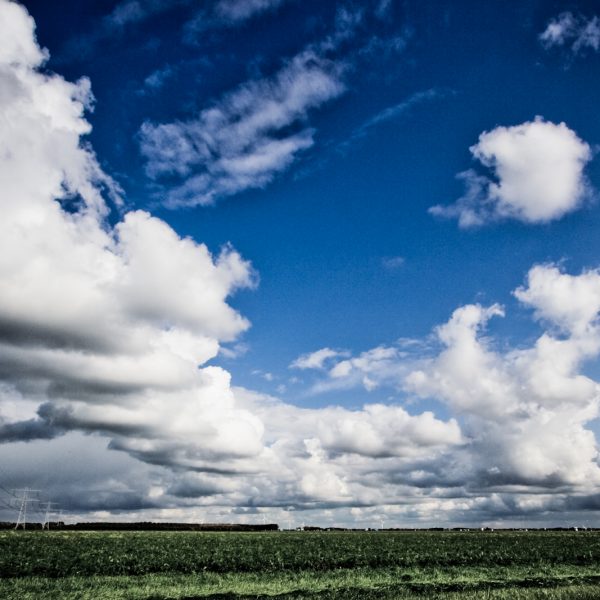
There is, I suggest, a kind of political theology at work in this practice of simply paying attention to (and being provoked by) the transcendence that is Gaia. It generates a form of intellectual habitation that remains attuned to the strange shapes drawn in the clouds by some form of transcendence.

What is it that we are supposed to hope for?

The prophet Isaiah was a city dweller, but his mind was on the countryside. Trees, vineyards, and fields populate his thinking and that of his successors in this long book, where vegetation serves both as metaphor (as in Isaiah 5:1-7), and as the life-sustaining growth on which humans literally depend (as in vv. 8-10). Agricultural imagery appears from one end of the book to the other (1:8; 66:17), spelling out both judgment and hope.
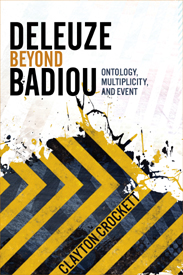
Clayton Crockett’s Deleuze Beyond Badiou is more than a commentary on Badiou’s reading of Deleuze or a defense of Deleuze. It is, rather, a transdisciplinary work that crosses the domains of theology, philosophy, and politics through a reading of the relationship between Deleuze and Badiou. Crockett’s goal, however, is not primarily descriptive but constructive, in that he uses the relationship between the two philosophers as a means for thinking otherwise.

